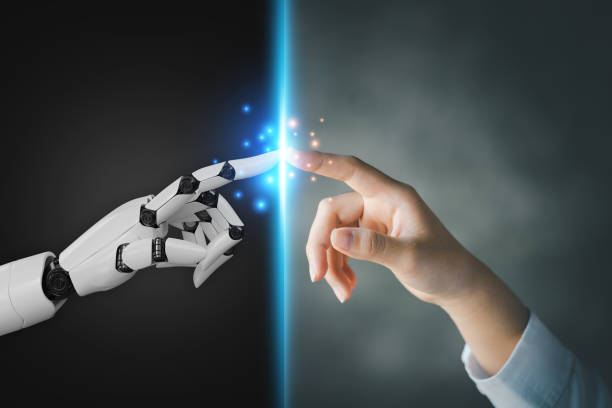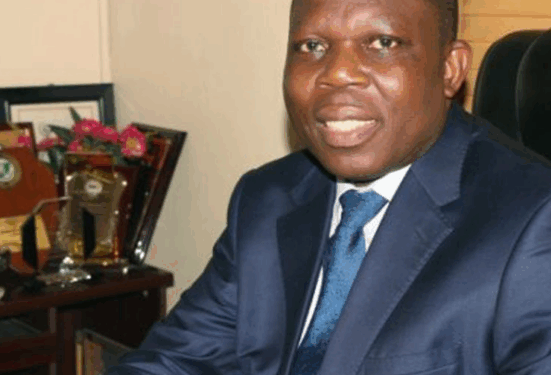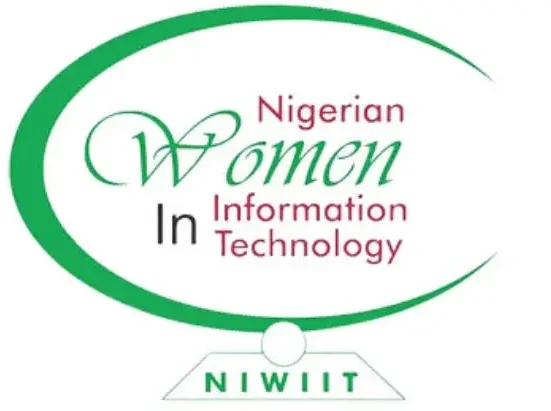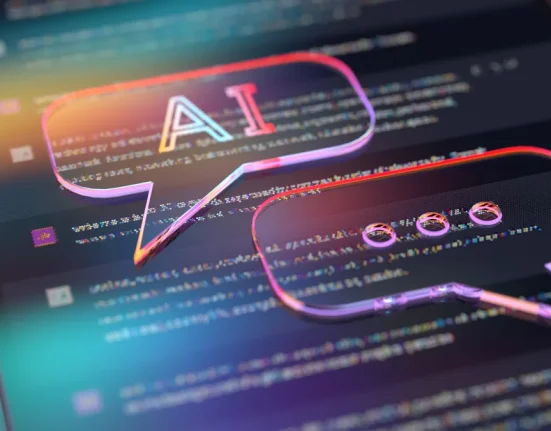Abuja, Nigeria | June 18, 2025
In a groundbreaking leap for inclusive technology, researchers and innovators have unveiled a revolutionary assistive device, Artificial Intelligence-Driven Robotic Hands, designed to empower communication for the deaf and deaf-blind communities.
The innovation, developed through a collaboration of leading tech institutes and disability advocates, uses machine learning, gesture recognition, and haptic feedback to convert spoken language into sign language and tactile signals in real time. This enables users who are unable to hear or see to engage in interactive communication with the hearing and sighted world.
According to developers, the AI-powered robotic hands are trained to understand a vast range of sign languages, including American Sign Language (ASL) and Nigerian Sign Language (NSL). For the deaf-blind, the system integrates Braille-based feedback and glove-fitted vibration sensors to convey messages through touch.
Speaking at the unveiling ceremony in Abuja, Dr. Adaobi Okafor, a lead researcher on the project, noted that the technology is aimed at dismantling long-standing barriers to education, healthcare access, employment, and social inclusion for persons with sensory disabilities.
Backed by grants from the Federal Ministry of Science and Technology and supported by global partners such as UNICEF and WHO, the initiative is part of a broader push to scale up assistive technologies across Africa.
Early trials have shown promising results, with participants describing the device as “life-changing.” Human rights advocates are also hailing it as a critical tool for achieving the United Nations Sustainable Development Goal 10, reducing inequalities.
As Nigeria continues its digital transformation, such innovations are being seen as pivotal in ensuring no one is left behind, especially the 1.3 million Nigerians estimated to be deaf or deaf-blind.






